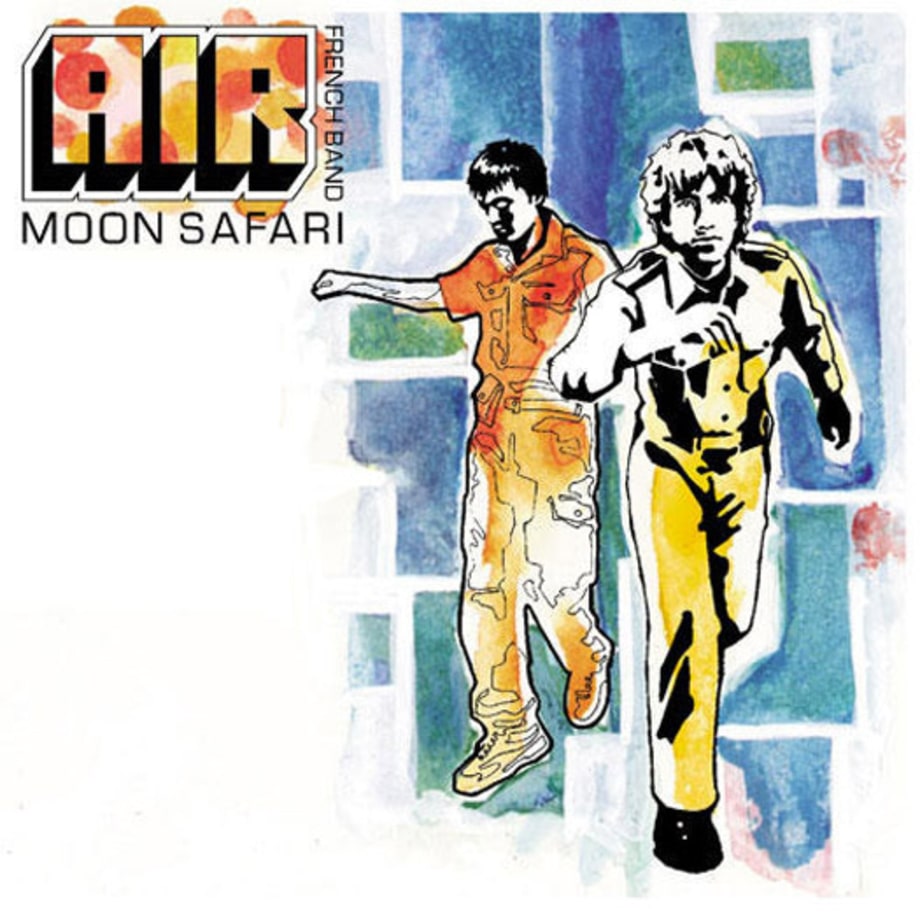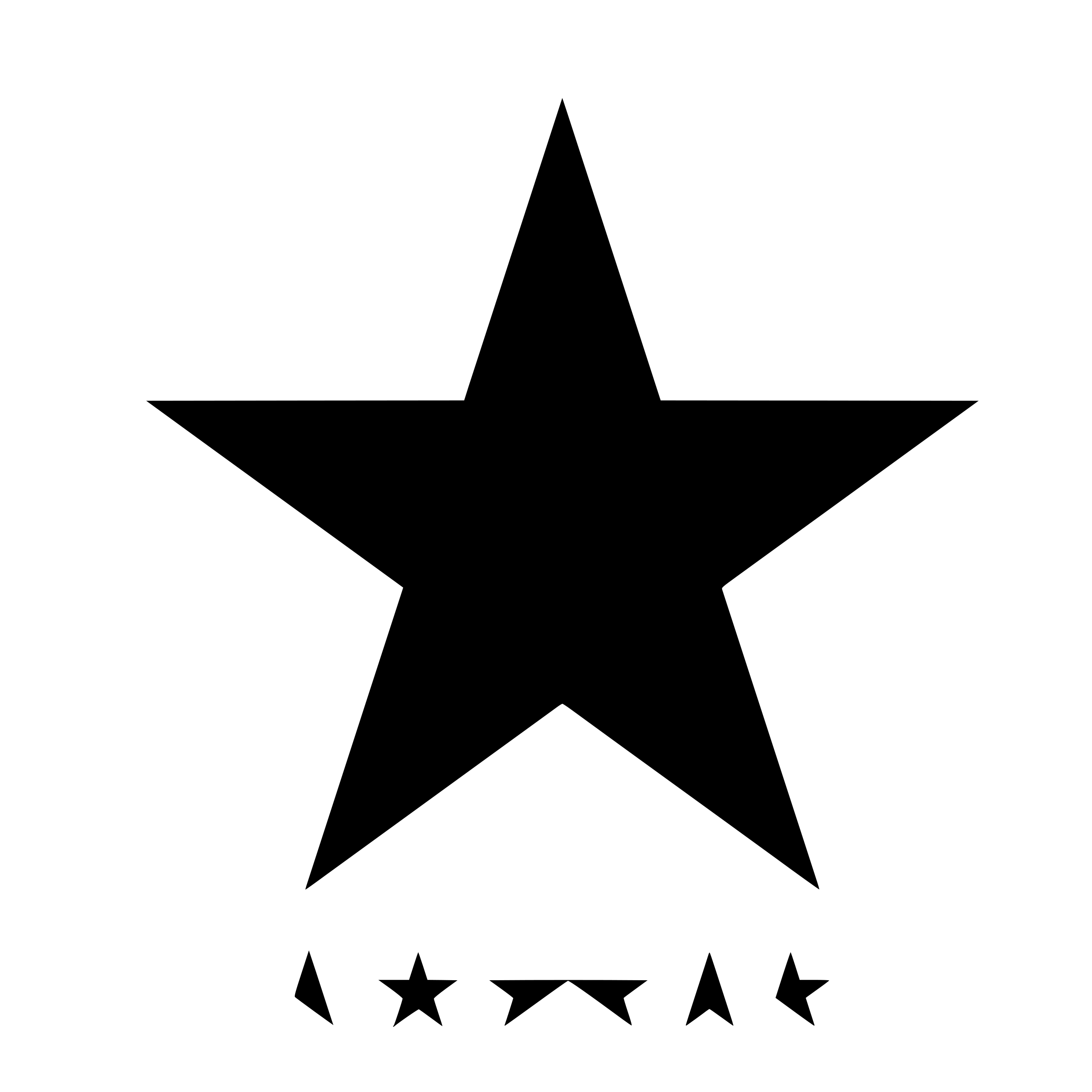On the cover of Air's 1998 debut album, in small letters next to the duo's logo, are the words "French Band." A lot of people thought that was their name: Air French Band. They appeared on the soundtrack of Doug Liman's 1999 screwball-rave movie Go as "Air French Band." And while that moniker might've been just monstrously clumsy, you can see how some people might've been fooled. After all, Frenchness was and is central to Air's identity in a way that it never really was for, for instance, Air's contemporaries and countrymen in Daft Punk. Daft Punk might've more or less pioneered a strain of dance music that was known, however briefly, as "French touch," but they sounded like they came from Detroit and Germany at the same time. Air could've only ever been French.
One of the things that makes France -- especially to those of us who, say, only went to France once, when we were kids -- so fascinating is this strange contradiction that exists at the heart of French popular culture. The French, after all, developed their own form of implacable, existentialist cool, and yet the country, time and again, seems to fall in love with the cheesiest elements of our own popular culture. It's a vast overgeneralization, but this is the country that produced Le Samourai and still fell in love with The Nutty Professor. So it is with Moon Safari, an album that absorbs and internalizes some of the worst impulses of mellowed-out mid-'70s cheese-pop, then sells them back to us as exquisite space-lounge. Moon Safari turns 20 tomorrow, and that contradiction hasn't grown any less strange.
Air members Nicolas Godin and Jean-Benoît Dunckel met in college, where Godin studied architecture and Dunckel studied math. Together, they started playing around with old synths, doing remixes for other artists and recording an EP. But Moon Safari is an album that seems to exist with no origin story -- a near-perfect 44-minute montage of starry-eyed goo. Air were marketed as electronic music, probably because they robotized their voices sometimes, but there was nothing about the album that belonged anywhere near a rave, even in the chillout tent. Instead, this was soft, urbane headphones music, music for kids who wanted to feel more sophisticated than they already did.
When Daft Punk made their homage to '70s American studio-pop with Random Access Memories, they were arriving, at least in some ways, years late at the place where Air started. The sound of Moon Safari was striking because it was so lush and luxuriant. It sounded expensive. The synths arrived in soft and pillowy layers, but there were physical instruments in there, too: organic cymbal splashes, flutters of acoustic guitar, warm and plummy basslines. There was a knowing irony in all this music, especially in a sort of mixtape quasi-hit like "Sexy Boy," but it never took over. And for the segments of society too awkward and self-aware to fully embrace, say, Jodeci, we needed makeout music that at least allowed for self-awareness.
At the time Moon Safari came out, it felt utterly timeless -- this swirl of late-'60s and early-'70s and mid-'80s and late-'90s. Today, it only sounds like the late '90s, like the moment when alternative radio gave itself over to nü-metal tantrum and post-grunge trudge, when all the sensitive kids had to turn elsewhere for new sounds. It's not anywhere near as dated, but Air's embrace of '60s aesthetics was a close cousin to what, say, the British duo the Propellerheads were doing. You don't remember the Propellerheads, do you? Or you've chosen to forget? The Propellerheads were a British duo, part of the same big beat scene that produced Fatboy Slim. But their whole thing was that they were obsessed with the swinging '60s; they'd put horns and flutes all over their thundering dance tracks, or recruit Bond-theme diva Shirley Bassey to sing guest vocals. Their lounge-lizard breakbeat-house has not aged well. Air were more thoughtful and tasteful and better, and Moon Safari still has the pure, woozy beauty that entranced so many of us 20 years ago. And yet it sounds hopelessly tied to its moment -- an nostalgic object fated to become an object of nostalgia itself.
Moon Safari wasn't an influential album in any lasting sort of way. Immediately after it hit, diet downtempo acts like Zero 7 and Thievery Corporation showed up and flooded the zone, sounding less blissed-out and more determined to score Gap-commercial syncs. Air themselves swung away from crushed-velvet coos and toward idiosyncratic prog. (Fun fact: Stereogum got its name from a lyric on the duo's 2001 single "Radio #1.") They ventured out further and further, keeping their sense of fun intact but never quite making anything as gorgeously sigh-worthy as Moon Safari. And so the album exists on its own plane, with no peers, a beautiful monument to its moment.
[videoembed size="full_width" alignment="center"][/videoembed]
(The "Sexy Boy" video isn't embeddable, for whatever reason, but you can watch it here.)






